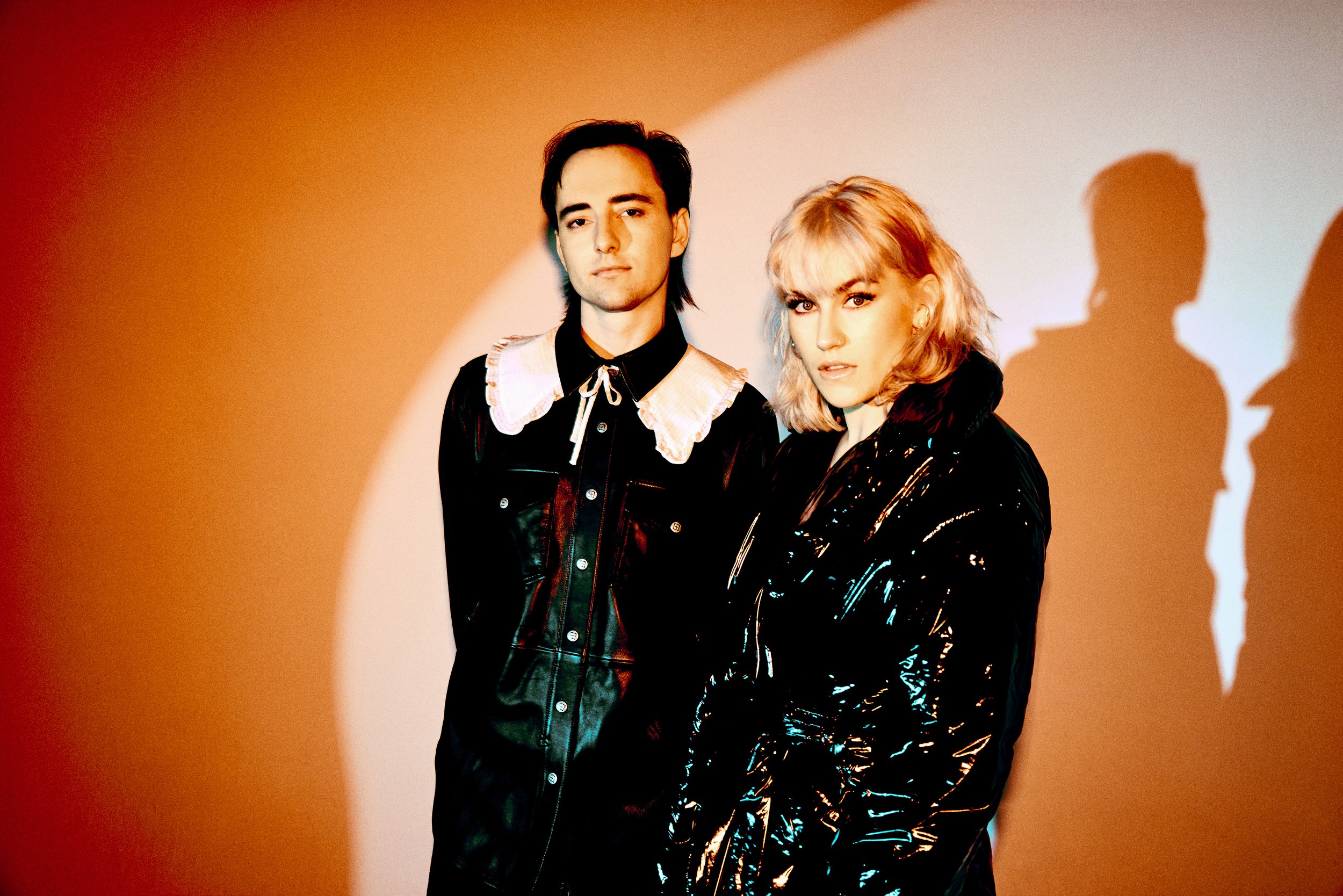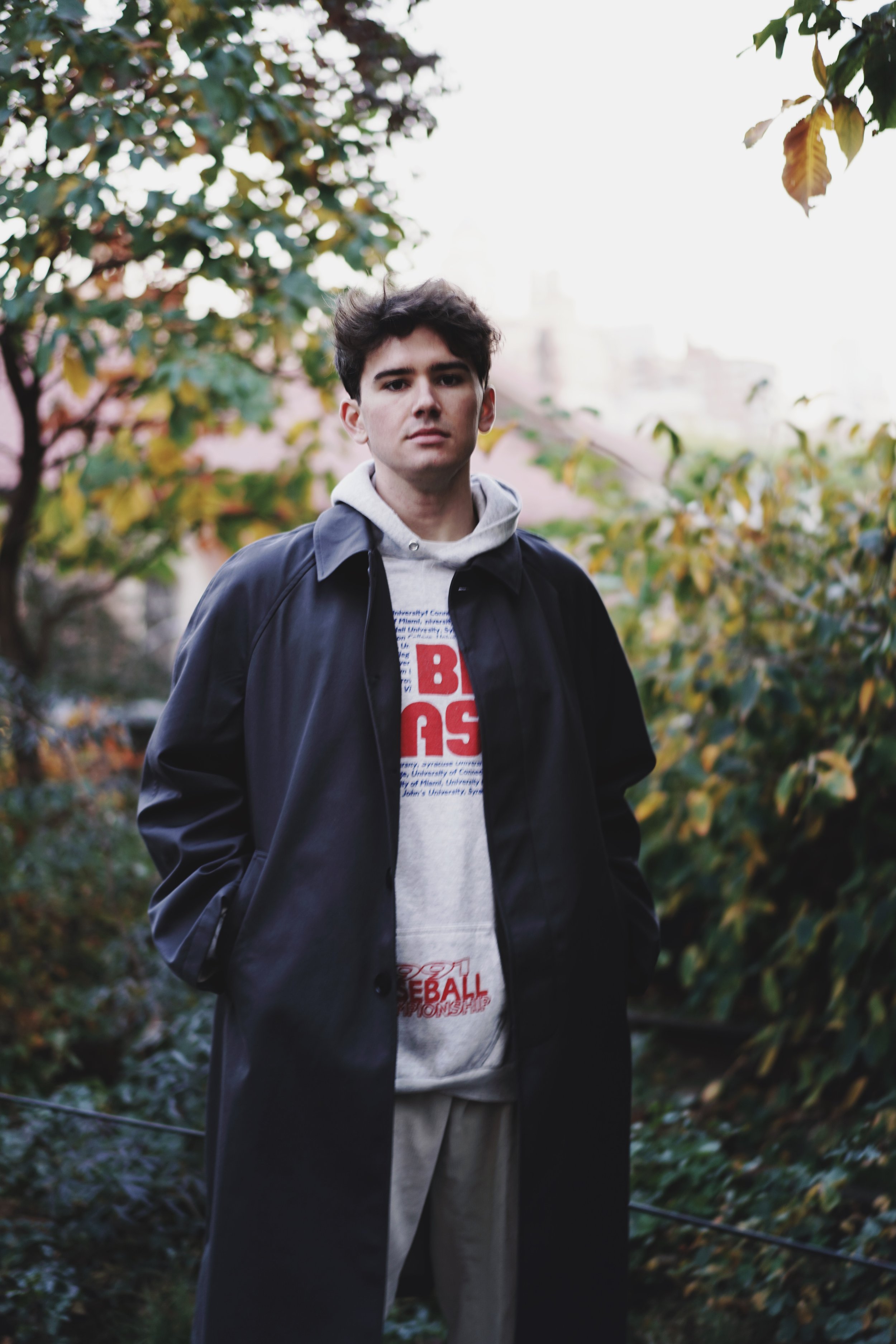by alex grainger
photo courtesy of barney bones
Barney Bones recently released his single “Lifeline.” The Grammy nominated artist shares a personal story of his own fear of abandonment in relation to the toxic cycle of nightlife. This “west coast hip hop reimagined” track is one which thematically and sonically explores contradiction as his mood never matched the night life environment he found himself in. In an effort to run away from personal struggles on these nights he would search for a lifeline to “keep [him] at bay.”
Barney has had enough of being called a “secret weapon” and his solo work came as a result of pure boredom and knowing he has nothing to lose. Born and raised in South Central LA, he finds South Central resides in each piece of work whether it’s welcomed or not. Not only just in “Lifeline” but also in his upcoming EP Escapism, Barney is experimenting and pushing the boundaries of rap and “of what it’s about to be from South Central in this music.” Read more about “Lifeline” and Barney Bones below!
“Lifeline” covers the topic of fear of abandonment and its relation to the toxic cycle of nightlife. Can you explain this story more?
Barney: “Oftentimes, it felt like I started being out for the sake of being out. Which sort of led me into situations that were a direct byproduct of drinking. It was like every other night I was looking for a lifeline, to keep me at bay. I had to get out of that shit, honestly.”
Why is it important for you to share this story?
Barney: “Some people find comfort in calling themselves ‘social drinkers,’ out of the idea that it’s impossible to deal with swarms of people while you’re sober. At least I can’t and I know I’m not the only one. That’s how some relationships end up happening, because the person you turn to becomes the haven from whatever it is you’re running from, but all havens ain’t safe.”
Can you explain the creative process behind “Lifeline?”
Barney: “Last year during the week in-between Coachella dates, I got in with Tommy Parker and Smoko Ono. They’re fairly easy people to work with. Everyone was just throwing paint at the wall. I was in the booth trying different melodies and flows, Tommy was laying his background vocals on a handheld mic and Smoko was putting it all together. It’s easy to work with people who understand what they’re looking for, it makes collaborations feel cool.”
“Lifeline” is a “smooth hip-hop meditation.” How does the sound you’ve created for “Lifeline” drive the narrative of abandonment and toxic nightlife?
Barney: “I’m not into really conscious, soapbox type shit. I feel like most people’s approach to an idea like this would be more boom bap. I was more so thinking of how internal and external environments are oftentimes contradictory. Like, internally I could be thinking about dark shit, but on the outside I'm at a party with really, cool ‘supportive’ people who keep handing me bottles to take pictures with (lol). Most times my mood doesn’t match my environment, so I don’t know man, that’s what speaks to me.”
How does the sound of “Lifeline” represent the unique sound you are creating as an artist?
Barney: “‘Lifeline’ is special. I wrote it at a time when I was listening to a lot of Calypso music. Hella Lord Kitchener, Small Island Pride and Mighty Sparrow. I was obsessed, because of the rhythms the MCs evoked and the storytelling. It sounded like very melodic rap, but was from the ‘60s, crazy shit. It also has a lot of atmospheric textures. I’ve been experimenting a lot with creating spaces with my voice. Pushing the boundaries on what a rapper can sound like.”
As a prolific songwriter, what pushed you to release tracks of your own?
Barney: “Boredom. Most artists are scared to take any risk when making songs. A lot of them don’t have any vision either, they just rather look at the songwriter for everything. I deadass would watch artists do interviews or go on Rap Genius and break down lyrics they didn’t even write. Another thing is that songwriters are paid shit for their contributions in music. Unless you’re writing songs for the top 5% of artists on the radio or strictly focusing on sync, congratulations, you’re back to working in the stockroom at Best Buy.
I got some great advice from Terrace Martin, he made it sound like it was a no brainer for me to do an EP. Which for some reason I had been scared to do for so long. So I got in the studio and just started making shit.”
You mention how Terrace Martin encouraged you to go solo. What words of confidence did Terrace provide to push you to explore your solo career?
Barney: “Well, I guess it's because a couple of the ‘new’ artists he was working with were hitting me to come through to write with them. Over time he realized I was dope, but wondered why I never tried to do it myself. He told me to go for it, because I didn’t have shit to lose, y’know, I can’t just give my sauce away all the time.”
How different is the feeling releasing your solo music compared to collaborating with other artists on their own releases?
Barney: “I used to hate when niggas would call me a, ‘secret weapon’ or the ‘secret sauce,’ that shit is out. The reception towards what I’ve done has been great. Not only do I get to try to push boundaries with this shit, but the added visual components allow me to take it even further. It’s like using all of your senses for the first time.”
You were born and raised in South Central. How does being from South Central impact your music? How if at all does it make its way into “Lifeline?”
Barney: “South Central is embodied in everything I do, whether I like it or not. Snoop Dogg was definitely an Eastside hero when I was younger. You heard him playing at the football games, the skating rink, wherever. He’s sort of like the blueprint for me musically. If you listen to him on the Rhythm & Gangsta album he’s on there performing high level pop, but still crippin’!
‘Lifeline’ is West Coast hip hop reimagined. It’s what it would sound like in the fragments of a dream. I want to push the boundary of what it’s about to be from South Central in this music shit.”
“Lifeline” leaves us all wanting to hear more. Are you working on any new projects or music we can look forward to?
Barney: “Thank you! I’m dropping an EP April 7th, called Escapism. It’s me sort of diving into the idea I mentioned early about contradiction. It’s a concept album and I’m hella proud of it. There’s some house on there, some rap, some alternative, we are pushing the bar out here!”





